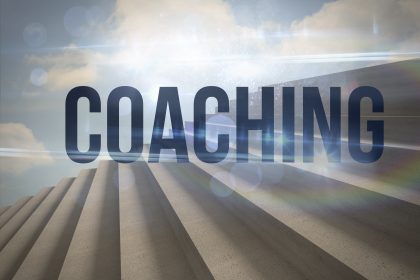We all hear so many acronyms in the news, on social media platforms, everywhere. If you hear the term AI or Artificial Intelligence, what do you think about? What is EI or Emotional Intelligence? Which is/are used in coaching? During coach training participants recognize that the coaching relationship involves being self-aware and authentic. So, for coaching let’s change AI to Authenticity Index. Emotional Intelligence is heard and discussed in the coaching profession. As a coach, identifying and managing your own emotions is essential. Recognizing a client’s EI will aid both the coach and the client in the long run. A coach asks open questions, draws out awareness, strategies, and ideas for moving towards what the client wants to achieve. Coaching questions are part of partnering with the client so they are aware of their own influencing factors and competing priorities. A coach empowers the client to choose how they will face their challenges, develop strategies, plan actions, and be accountable to them self.
A coach that is self-aware and authentic both models these skills and is available to help clients enhance their skills in these areas. Being authentic and managing emotions is supports developing rapport and trust plus calls for being present and in the moment. At the Center for Coaching Certification, in the Certified Professional Coach class, a class on “Understanding Your Client” goes into how to identify emotion or logic plus passive or aggressive communication. The discussion explores how to adjust to different people. In the Certified Master Coach class, the discussion expands to include RI or Relationship Intelligence and SI or Social Intelligence. These skills are part of developing competency as a coach and result in more powerful outcomes for clients.
In what additional ways are the Authenticity Index and Emotional Intelligence factors in coaching?



